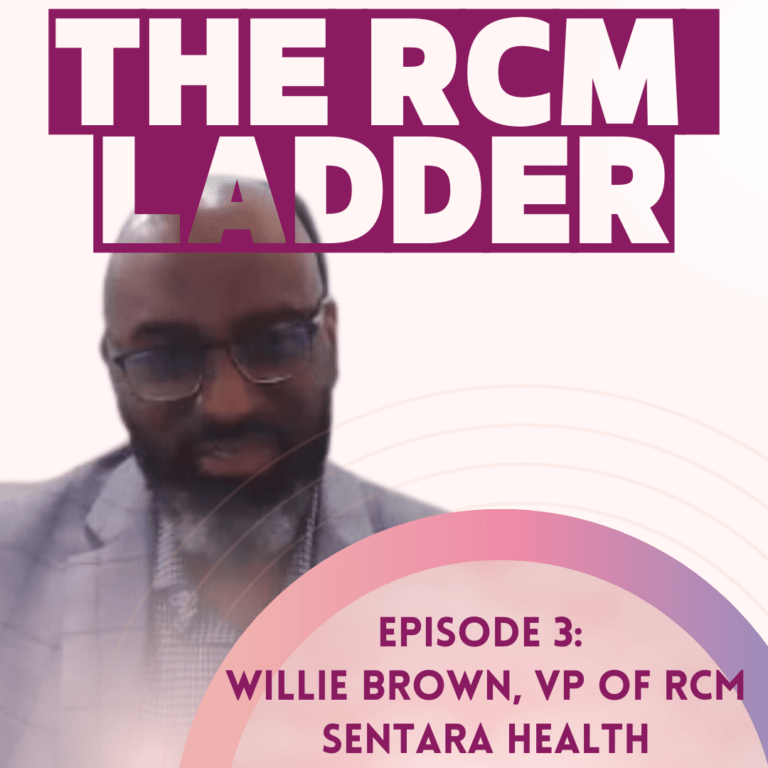Josh Liao, MD, an internal medicine physician, has committed his career to improving health care system payment and delivery, with a focus on how payment impacts health equity.
His work in this field is impressive. Whether his role as enterprise medical director for payment strategy at UW Medicine, advising the Secretary of the Department of Health and Human Services on payment models, serving on national committees for the American College of Physicians and a payment advisory group for the American Academy of Family Physicians, hosting a podcast on health equity, co-founder of the VSSL Lab, or having published more than 300 articles, including close to 200 in peer-reviewed medical journals.
He humbly says his work and scholarship is essentially, “to think through issues of payment and how it cascades through care delivery, and many other kind of related topics for our system and our regional partners and populations,” he says.
“The last thing I’ll say is I’m fortunate to be able to engage a number of regional and national decision makers in terms of how do we think about these policies? So I steep quite a bit in how do we design policies that can lead to programs and outcomes that we want.”
As it relates to health equity and how he developed a passion for it, Liao says, that happened early in his career treating patients and realizing that most of the time those patients’ lives are impacted by so much of what happens outside the healthcare system.
On a final note, this is probably one of the best interviews we’ve done to date for the “Modern Patient Experience.” Definitely give this one a listen the entire way through.
Listen on: Apple Podcasts| Spotify | Google Podcasts | Overcast | YouTube
Listen:
Watch:
Episode Highlights:
What is Health Equity?
The Role Providers and Payers Will Play in Improving Health Equity
The Short- and Long-Term Goals for Fixing Health Equity in the U.S.



